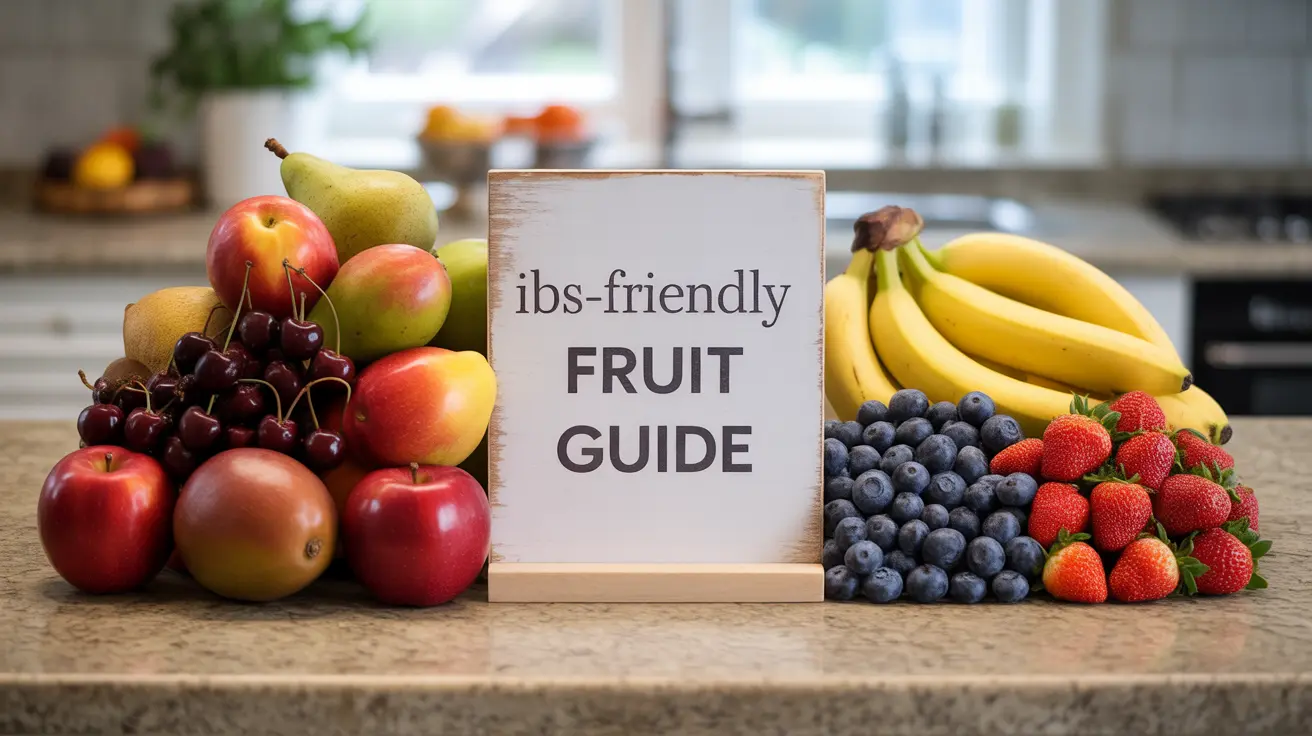Living with Irritable Bowel Syndrome (IBS) requires careful attention to diet, particularly when it comes to fruit consumption. While fruits are generally healthy, certain types can trigger or worsen IBS symptoms due to their specific sugar content and composition. Understanding which fruits might cause problems can help you make informed dietary choices while still enjoying the nutritional benefits of fruit.
This comprehensive guide will explore which fruits might trigger IBS symptoms, identify safer alternatives, and provide practical strategies for incorporating fruits into an IBS-friendly diet.
High-Risk Fruits for IBS Sufferers
Several fruits are more likely to trigger IBS symptoms due to their high content of FODMAPs (Fermentable Oligosaccharides, Disaccharides, Monosaccharides, and Polyols). These include:
- Apples
- Cherries
- Mangoes
- Pears
- Watermelon
- Blackberries
These fruits contain high levels of fructose or sugar alcohols that can be difficult for people with IBS to digest, potentially leading to bloating, gas, and digestive discomfort.
IBS-Friendly Fruit Options
Fortunately, many fruits are generally well-tolerated by people with IBS when eaten in appropriate portions:
- Bananas (especially when ripe)
- Blueberries
- Strawberries
- Oranges
- Kiwi
- Cantaloupe
These fruits typically contain lower amounts of FODMAPs and are less likely to trigger symptoms when consumed in moderate amounts.
The Impact of Processing on Fruit Tolerance
Fresh vs. Dried Fruits
The way fruit is processed can significantly affect its impact on IBS symptoms. Dried fruits often contain concentrated levels of FODMAPs and can be particularly problematic. They're also easier to overconsume, which may lead to increased symptoms.
Fruit Juices and IBS
Commercial fruit juices can be especially challenging for IBS sufferers due to their concentrated nature and added sugars. They often contain higher levels of fructose compared to whole fruits and lack the beneficial fiber that can help regulate digestion.
Strategies for Including Fruit in Your IBS Diet
To safely incorporate fruits into your diet while managing IBS symptoms:
- Start with small portions
- Keep a food diary to track reactions
- Choose ripe fruits when possible
- Eat fruit with other foods to slow digestion
- Pay attention to serving sizes
- Consider cooking fruits to make them more digestible
Frequently Asked Questions
1. What fruits are most likely to trigger IBS symptoms due to high fructose or polyols? Apples, pears, mangoes, cherries, and watermelon are among the most problematic fruits due to their high FODMAP content, particularly their levels of fructose and sugar alcohols.
2. Which fruits are safer to eat for someone managing irritable bowel syndrome? Bananas, blueberries, strawberries, oranges, and cantaloupe are generally safer options as they contain lower levels of FODMAPs and are typically better tolerated by people with IBS.
3. How can eating fruit in moderation help reduce IBS flare-ups? Consuming moderate portions helps prevent overloading your digestive system with FODMAPs. Start with small amounts (½ cup or less) and gradually increase if well-tolerated while monitoring symptoms.
4. What dietary strategies, including low-FODMAP diets, can help control IBS symptoms related to fruit intake? Following a low-FODMAP diet, keeping a food diary, eating fruits with protein or healthy fats, and choosing ripe fruits can help manage symptoms. Working with a healthcare provider or registered dietitian can help develop personalized strategies.
5. Can dried fruits or fruit juices worsen IBS symptoms more than fresh fruit? Yes, dried fruits and fruit juices often contain concentrated levels of FODMAPs and sugars, making them more likely to trigger IBS symptoms compared to fresh fruits. They should be limited or avoided by most people with IBS.




